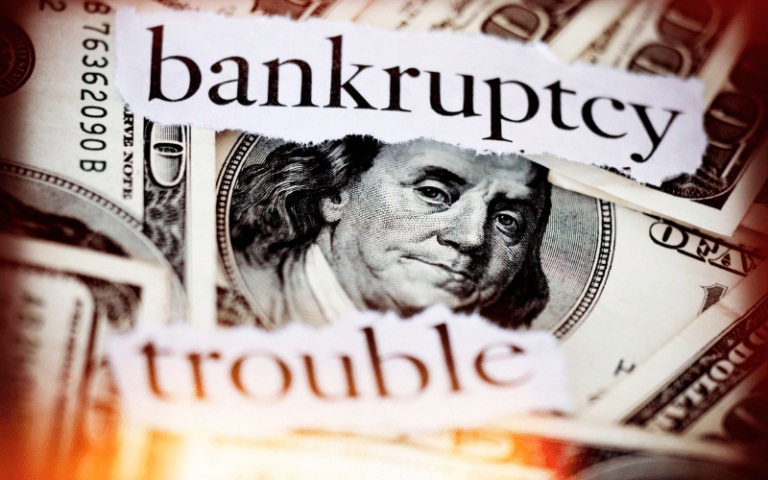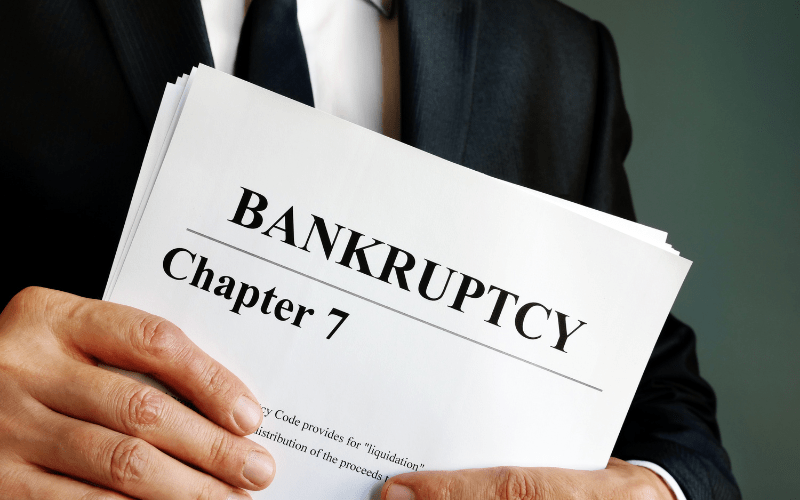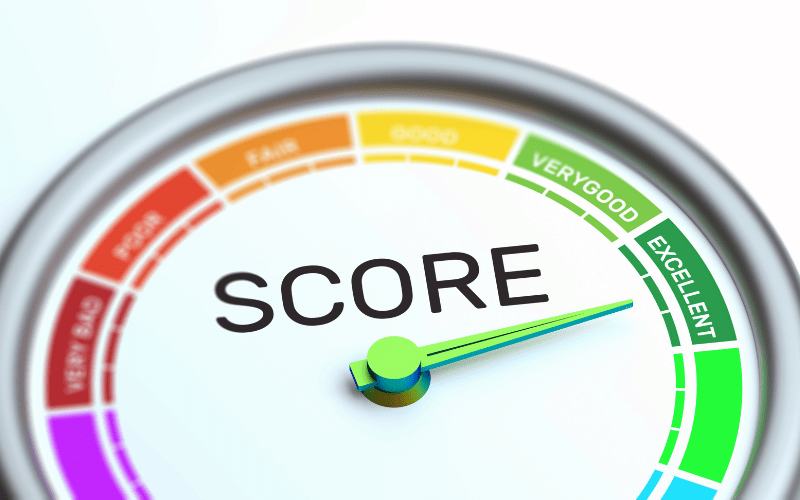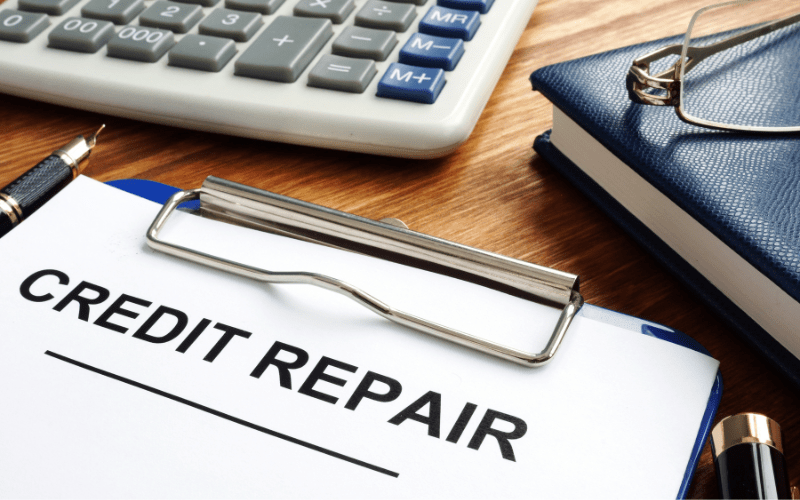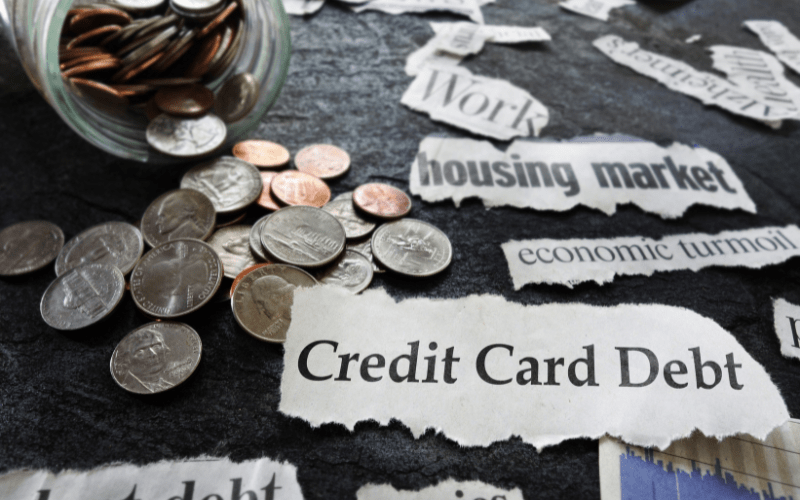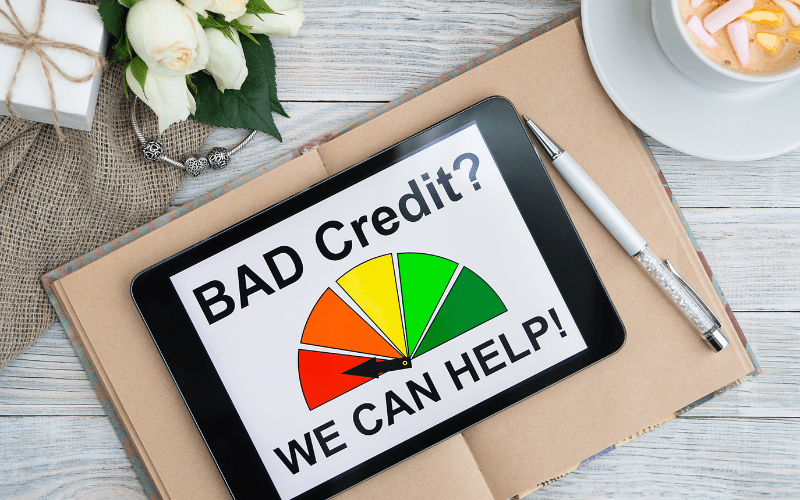Filing for bankruptcy is a significant financial decision that can offer relief from overwhelming debt, but it comes with long-term consequences, particularly on your credit report. Understanding how long bankruptcy stay on your credit report is crucial for managing your financial future. In this blog post, we’ll explore the duration of bankruptcy on credit reports, the differences between Chapter 7 and Chapter 13 bankruptcy, and strategies for rebuilding your credit. We’ll also address some frequently asked questions to give you a comprehensive understanding of this important topic.
Types of Bankruptcy and Their Duration on Credit Reports
Chapter 7 Bankruptcy
Chapter 7 bankruptcy, often referred to as “liquidation bankruptcy,” involves the sale of a debtor’s non-exempt assets to repay creditors. This type of bankruptcy is typically filed by individuals who have little to no disposable income and cannot repay their debts. One of the most important aspects to understand is that Chapter 7 bankruptcy stays on your credit report for 10 years from the date of filing. This lengthy duration can have a profound impact on your ability to secure credit in the future, as it serves as a red flag to potential lenders.
Chapter 13 Bankruptcy
Unlike Chapter 7, Chapter 13 bankruptcy is known as “reorganization bankruptcy.” It allows individuals with a steady income to create a repayment plan to pay off their debts over three to five years. Once the repayment plan is completed, any remaining eligible debt may be discharged. Chapter 13 bankruptcy stays on your credit report for 7 years from the date of filing. While this is shorter than the duration of Chapter 7, it still significantly affects your creditworthiness.
Comparison Between Chapter 7 and Chapter 13
When comparing Chapter 7 and Chapter 13 bankruptcy, it’s essential to consider how long each remains on your credit report. While Chapter 7 stays on your report for 10 years, Chapter 13 only lasts for 7 years. However, Chapter 13 requires a longer commitment to repay debts, which might make it a more favorable option for those who can manage the repayment plan. Credit Friendly Solutions advises individuals to carefully evaluate their financial situation and consult with a bankruptcy attorney to determine the best course of action.
Factors That Influence the Duration of Bankruptcy on a Credit Report
Several factors influence how long bankruptcy stays on your credit report. The type of bankruptcy you file (Chapter 7 or Chapter 13) is the most significant factor. Additionally, the date of filing and the court’s disposition date play crucial roles in determining the duration. Once a bankruptcy case is closed, the clock starts ticking on how long it will remain on your credit report. It’s also worth noting that while it’s rare, some individuals may be able to remove bankruptcy from their credit reports before the designated time if there are inaccuracies or legal errors.
Impact of Bankruptcy on Credit Score
Filing for bankruptcy has an immediate and significant impact on your credit score. The moment your bankruptcy case is filed, your credit score can drop by 200 points or more, depending on your initial score. This drop occurs because creditors view bankruptcy as a high-risk event. The long-term effects include difficulty securing loans, higher interest rates, and limited credit opportunities.
However, it’s important to understand that your credit score can recover over time. The recovery process depends on your financial habits post-bankruptcy. As the years go by, the impact of bankruptcy on your credit score will gradually diminish, especially if you take steps to rebuild your credit.
Strategies to Mitigate the Impact of Bankruptcy on Your Credit Report
Rebuilding your credit after bankruptcy is possible with the right strategies. Here are some practical steps you can take to mitigate the impact of bankruptcy on your credit report:
Building Credit After Bankruptcy
One of the most effective ways to rebuild your credit after bankruptcy is by obtaining a secured credit card. A secured credit card requires a cash deposit, which acts as collateral and determines your credit limit. By using this card responsibly and making on-time payments, you can gradually rebuild your credit history.
Another option is to take out a credit-builder loan. These loans help individuals with poor or no credit history improve their credit scores. You deposit the loan amount into a savings account and make monthly payments until you pay off the loan. After paying off the loan, you gain access to the funds, and your credit score should improve.
Timely Payment of Bills
After bankruptcy, it’s crucial to make all of your bill payments on time. Late or missed payments can further damage your credit score, while consistent, on-time payments can help you rebuild your credit. Setting up automatic payments or reminders can ensure you never miss a payment.
Monitoring Your Credit Report
Regularly monitoring your credit report is essential after bankruptcy. By doing so, you can ensure that all information is accurate and up-to-date. If you notice any errors or outdated information, you can dispute it with the credit bureaus. Credit Friendly Solutions recommends checking your credit report at least once a year to stay on top of any changes.
Debt Management Plans
If you’re struggling to manage your finances after bankruptcy, consider enrolling in a debt management plan (DMP). A DMP is a structured repayment plan offered by bankruptcy credit counseling agencies. It can help you pay off your remaining debts while avoiding further damage to your credit. A DMP can also provide you with the tools and resources needed to manage your finances more effectively.
When and How to Remove Bankruptcy from a Credit Report
Bankruptcy typically remains on your credit report for 7 to 10 years, but you can remove it earlier in some situations. For example, if there are inaccuracies or legal errors in your bankruptcy filing, you may be able to dispute the information with the credit bureaus. Additionally, if the bankruptcy is still on your report after the designated time, you can request its removal.
To remove bankruptcy from your credit report, you’ll need to gather all relevant documentation, such as court records and credit reports, and file a dispute with the credit bureaus. If the dispute is successful, the bankruptcy will be removed from your report, potentially improving your credit score. Credit Friendly Solutions can assist you in navigating this process and ensuring that your credit report is accurate and up-to-date.
Key Points to Remember
- Chapter 7 bankruptcy stays on your credit report for 10 years, while Chapter 13 bankruptcy stays for 7 years.
- The impact of bankruptcy on your credit score is immediate but diminishes over time as you rebuild your credit.
- Secured credit cards, credit-builder loans, and timely bill payments are effective strategies for rebuilding credit after bankruptcy.
- Monitoring your credit report and enrolling in a debt management plan can help you manage your finances post-bankruptcy.
- It is possible to remove bankruptcy from your credit report early if there are inaccuracies or legal errors.
FAQs
- How long does Chapter 7 bankruptcy stay on a credit report?
- Chapter 7 bankruptcy stays on your credit report for 10 years from the date of filing.
- How long does Chapter 13 bankruptcy stay on a credit report?
- Chapter 13 bankruptcy stays on your credit report for 7 years from the date of filing.
- Can bankruptcy be removed from a credit report before the designated time?
- Yes, you can dispute the bankruptcy with the credit bureaus for early removal if there are inaccuracies or legal errors.
- How soon can I start rebuilding my credit after bankruptcy?
- You can start rebuilding your credit immediately after bankruptcy by obtaining a secured credit card or a credit-builder loan and making timely payments.
- What are the best ways to improve my credit score post-bankruptcy?
- The best ways include making on-time payments, monitoring your credit report, and considering debt management plans.
Conclusion
Bankruptcy can have a lasting impact on your credit report, but it doesn’t have to define your financial future. You can work towards financial stability by understanding how long bankruptcy stays on your credit report and taking proactive steps to rebuild your credit. Credit Friendly Solutions is here to help you navigate this challenging time and provide the support you need to restore your credit. Remember, with patience and persistence, you can recover from bankruptcy and achieve a healthy credit score once again.

